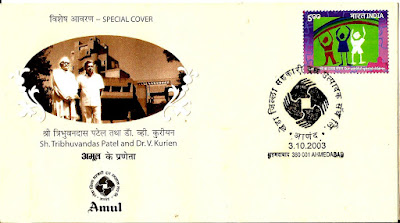Mahatma Gandhi resign as the leader of the Indian National Congress on October 23, 1934. This decision marked a significant moment in the history of the Indian independence movement. Gandhi had led the Indian National Congress since the early 1920s and had played a pivotal role in advocating for India's independence from British colonial rule through nonviolent means.
Gandhi's resignation was a part of an internal dispute within the Indian National Congress over its leadership and approach to the independence struggle. Some members of the Congress had differing views on how to achieve independence, and there were disagreements about the use of nonviolent civil disobedience as the primary strategy.
Ultimately, Gandhi's resignation was a way of asserting his commitment to his principles and tactics, and he aimed to create a climate in which those who disagreed with him could express their views more openly within the Congress. Although he resigned from the formal leadership of the Congress, he remained a prominent and influential figure in the Indian independence movement, continuing to guide and inspire it through his philosophy of nonviolence and civil disobedience.









